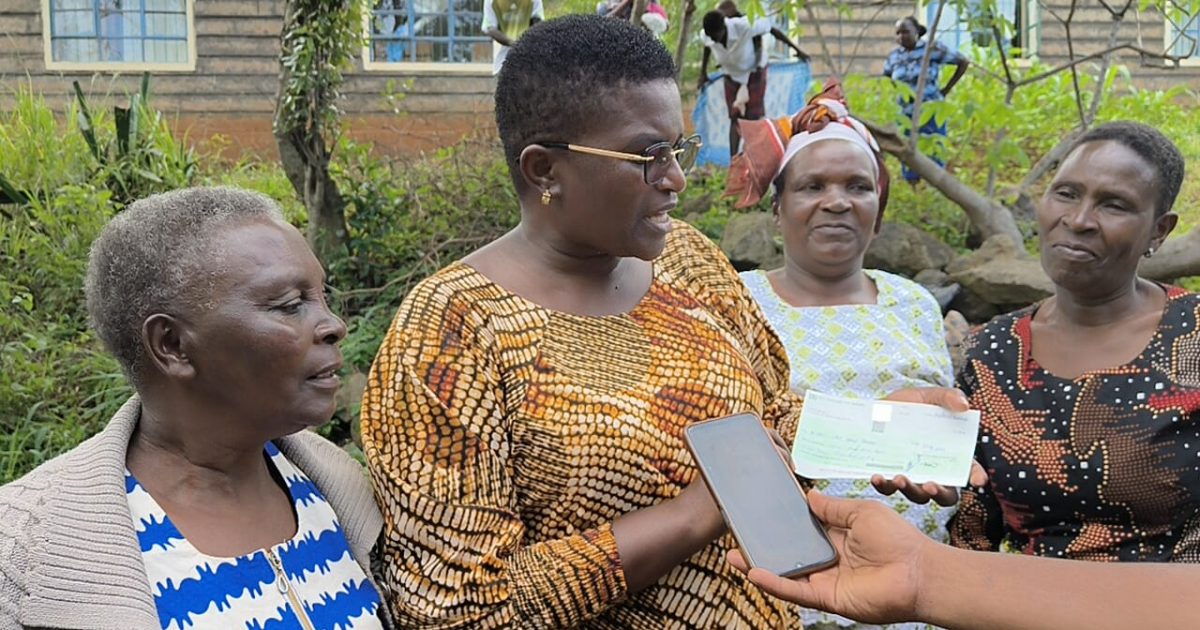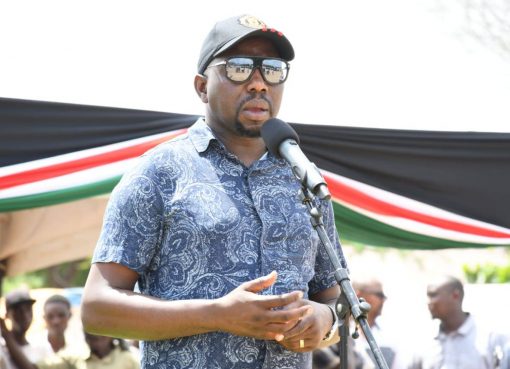Tharaka Nithi County Women Representative Susan Ngugi has urged residents to venture into goat farming as a way of improving their income and boosting food security in the county.
According to the legislator, goat farming is becoming popular day by day in Kenya, where it has proved to be a source of cash income as agriculture remains a dominant sector in the economy.
“Engaging in goat farming is currently very profitable as it is one of the emerging and fast-growing sectors in the country. Small scale farmers are increasingly turning to goat rearing as a means to increase their income and empower themselves”, she said.
The Woman Representative noted that her office, through the National Government Affirmative Action Fund (NGAAF) has been supporting the initiative by issuing cheques to self-help groups, which have in turn ventured into goat farming and are already reaping big from the benefits that come with the practice.
She further asked residents to apply for funds through self-help groups, which enable members of the community to become self-reliant in achieving sustainable livelihoods.
Ngugi was speaking at Njaina in Chuka/Igambang’ombe Constituency where she delivered a cheque worth Sh119, 000 to Mputi Self Help Group to facilitate the purchase of dairy goats.
“So far, three groups across the county have successfully ventured into goat farming through the support of NGAAF funds. We are requesting more groups to apply and start rearing goats since this is a very profitable business and my office remains committed to supporting the community to achieve sustainable livelihood”, she added.
Mputi Self Help Group Chairlady Hellen Kajira noted that dairy goats were less costly to buy and feed and that goat farming itself was already a profitable business with key benefits being the ability to reproduce anytime of the year due to their short gestation period of 150 days.
The group, which was formed in 2007 has 20 members and hopes the minimal investments can lead to high returns.
According to statistics from the Ministry of Agriculture three years ago, the total goat population in the country was 15 million, where 400,000 were dairy goats. The study shows that dairy goats contributed 4.2 per cent of the total milk production in the sector in 2016, further revealing that 47.7% of the goat farmers were organized in self-help groups and were doing better than their counterparts who were not in groups.
By David Mutwiri and Blaise Gitonga





